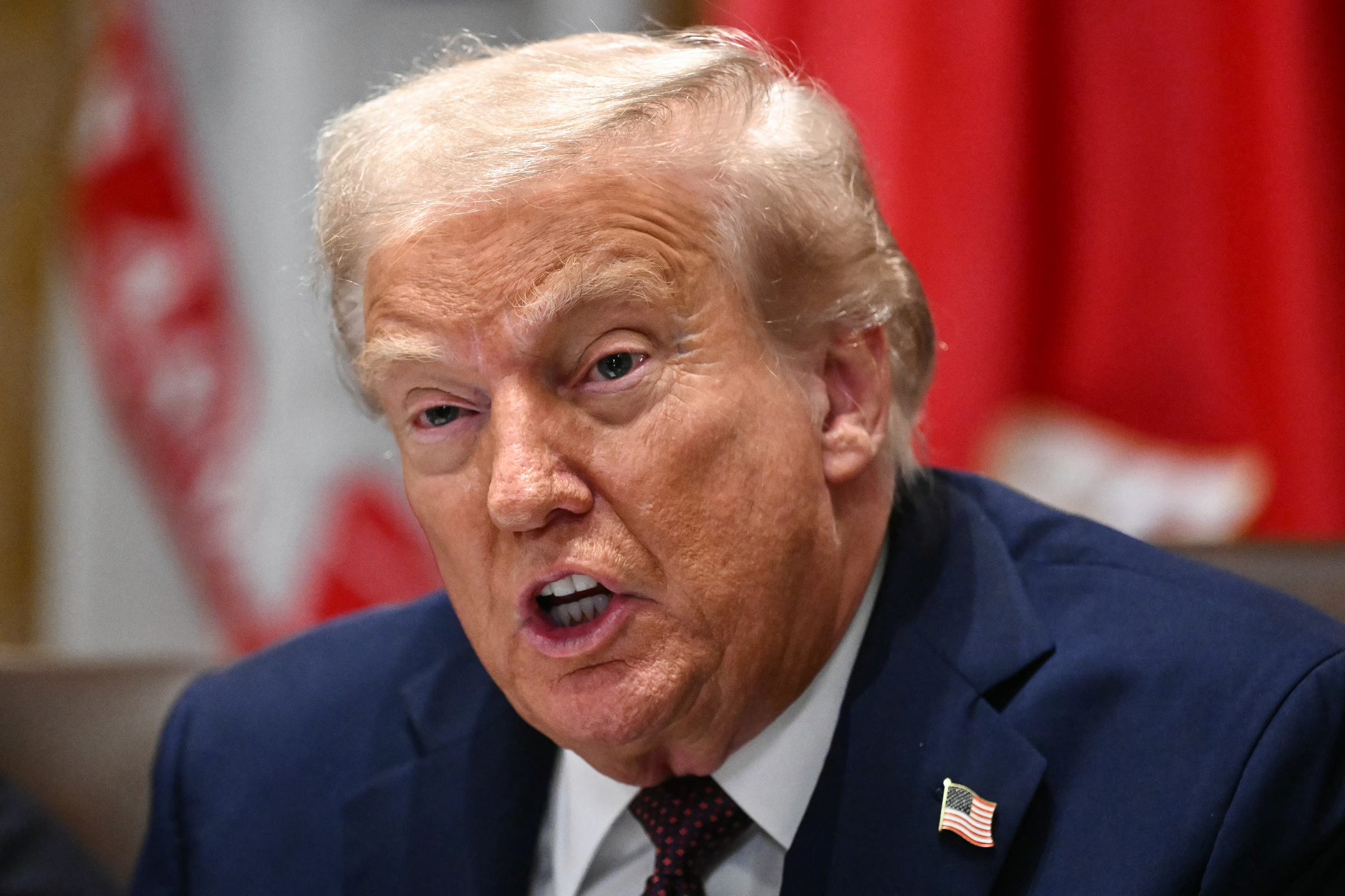Speaking at the Oval Office on 2/9, US President Donald Trump said his administration would ask the Supreme Court for a rapid ruling on the tariffs, as early as Wednesday (3/9), following a decision by the Washington, D.C. Circuit Court of Appeals.
"It's a very important decision. And frankly, it would be a catastrophe if they made the wrong decision," he warned.
On 29/8, the Washington, D.C. Circuit Court of Appeals ruled that most of President Trump's import tariffs were illegal. The court argued that when passing the International Emergency Economic Powers Act (IEEPA), Congress did not intend "to give the president unlimited power to impose tariffs."
However, the court allowed the tariffs to remain in effect until 14/10 to give the Trump administration the opportunity to appeal to the Supreme Court.
 |
US President Donald Trump at the White House on 26/8. Photo: AFP |
US President Donald Trump at the White House on 26/8. Photo: AFP
Wall Street's main indexes fell on 2/9 due to uncertainty surrounding the fate of the administration's import tariffs, according to Trump. "The stock market needs tariffs. They want tariffs," he declared.
Earlier, US Trade Representative Jamieson Greer affirmed that trade negotiations with partners were still progressing, despite the appeals court's ruling. On 1/9, Treasury Secretary Scott Bessent expressed confidence that the Supreme Court would uphold President Trump's use of the IEEPA to impose widespread tariffs.
The Trump administration argued that if the tariffs are repealed, they might have to refund some of the collected import taxes, dealing a blow to the Treasury. Tariff revenue reached a total of $159 billion in July, double that of the same period in 2024. The Justice Department warned that repealing the tariffs could mean "financial collapse."
According to trade experts, the Trump administration had anticipated this and prepared alternative plans to continue imposing tariffs. "If other countries think they will get tariff reductions, they will be disappointed. There are still many backup plans, even if the Supreme Court agrees with the federal appeals court," said Josh Lipsky, director of the GeoEconomics Center at the Atlantic Council.
Phien An (Reuters, AP)












